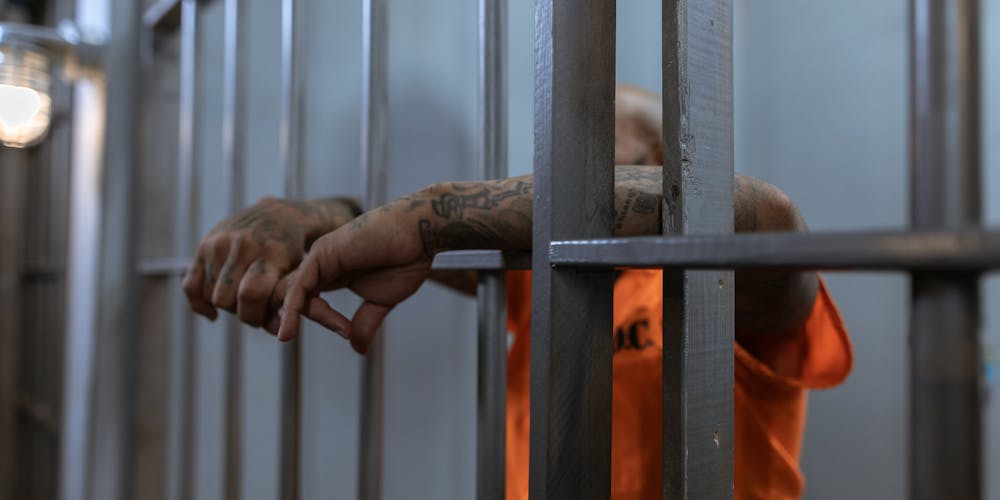The conviction of Onur Aksoy is a stark testament to the risks posed by counterfeit technology in the modern marketplace. This Florida man, harnessing his dual citizenship of the U.S. and Turkey, orchestrated a counterfeit network equipment scam that fooled entities both public and private—compromising the integral systems of a nation. The ensuing operations generated over $100 million in revenue by introducing substandard devices tainted with forged Cisco trademarks into sensitive operational arenas.
The Inception of a Counterfeit Empire
Early Beginnings and Business Expansion
Aksoy’s criminal empire took root through the formation of numerous corporate fronts. Floating at least 19 companies throughout Florida and New Jersey, he procured a vast inventory of altered devices, masquerading them as authentic Cisco products. These transformed hardware units, arriving from China, bore the hallmarks of high-end commodities yet were, in truth, a mirage of quality—a sham feeding on the demands of the unsuspecting.
Exploiting the vast expanse of digital retail, Aksoy reached deep into the pockets of various sectors, delivering his ersatz goods to markets that desperately depend on the reliability of their network hardware. Public institutions and private entities alike were all vulnerable to the sophisticated ruse of Aksoy’s counterfeit coven, which spread its tentacles far beyond its base of operations.
Cisco’s Battle Against Counterfeit
In a bid to thwart the proliferation of these counterfeit devices, Cisco Systems Inc. unleashed a series of legal maneuvers, including cease-and-desist notices, yet Aksoy’s schemes showed resilience. His obstinance brushed aside the company’s challenges and seized every opportunity to maneuver through the cracks in corporate and border defenses.
In collaboration with U.S. Customs and Border Protection, Cisco managed to intercept scores of dubious shipments. This liaised effort, however, was met with equal cunning from Aksoy, who employed pseudonyms and fabricated documentation to sustain his illicit trade channels. Despite repeated corporate and legal interventions, his counterfeit operation persisted—a flagrant defiance against the technological safeguards of an industry titan.
The Pervasive Impact of Counterfeit Technology
Compromising National Security
The repercussions of Aksoy’s venture struck at the heart of American defense. Counterfeit devices infiltrated the military supply chain, embedding themselves in systems and machinery that form the backbone of U.S. military might. Advanced aircraft such as F-15, F-18, and F-22 fighter jets, AH-64 Apache helicopters, P-8 reconnaissance planes, and the iconic B-52 bombers had unknowingly integrated components that could fail under the stresses of combat and strategic operations. The malignancy of counterfeit equipment introduced vulnerabilities where none should exist, potentially undermining national security.
What transpired was more than an economic deceit; it was a breach of trust with dire ramifications. Each fake module cloaked within the military’s technological armory posed an obscure threat—a latent hazard that might cascade into critical failures at moments of utmost need. It was a sobering revelation of just how deeply counterfeit technology could penetrate into the sinews of national defense.
Threat to Public Health and Safety
Beyond the shadows of military hangars, Aksoy’s counterfeit devices spread into the veins of American healthcare and education. In hospitals, where the sanctity and functionality of networking devices can mean the difference between life and death, the presence of these fraudulent products created latent dangers. Likewise, educational institutions that relied on these devices faced the risk of sudden network failures, potentially disrupting vital educational services and data integrity.
This malaise stretched out its tendrils not only into the critical sectors but also into the expectant hands of consumers who sought reliability in their networking infrastructure. The pervasion of counterfeit Cisco products stood as a grim symbol of vulnerability—a ticking time bomb in the critical systems that served as lifelines for society. The ripple effects of Aksoy’s operation could have been catastrophic, underscoring the profound societal risks engendered by the trade in counterfeit technology.
Legal Repercussions and Industry Response
The Seizure and Sentencing
The arc of Aksoy’s counterfeit saga concluded with a potent judicial sentence. After federal authorities unearthed 1,156 fake Cisco devices in a warehouse—hardware valued at over $7 million—Aksoy faced retribution from the U.S. justice system. A prison term of six and a half years, combined with a staggering restitution payment of $100 million to Cisco, underscored the gravity of his offenses. This was not merely an act of recompense but a signal flare declaring the severe implications of tampering with intellectual property rights, the sanctity of trusted supply chains, and the reliability of critical infrastructure.
From the rubble of Aksoy’s dismantled operation emerged a heightened sense of urgency for industry vigilance and legal acumen. Legitimate businesses, consumers, and national interests had been swindled, and the response was unequivocal—negligence in securing supply chains and protecting intellectual property was a risk that could no longer be tolerated.
Strengthening Supply Chain Security
The conviction of Onur Aksoy in the U.S. showcases the grave dangers forged technology poses within today’s market. Holding dual citizenship in the U.S. and Turkey, Aksoy masterminded an illicit operation that duped a wide array of organizations, endangering national security by spreading fake network equipment marketed under the Cisco brand. Through this scheme, he raked in over $100 million. The fraudulent devices infiltrated critical systems and networks, demonstrating an alarming breach of trust and safety. This case highlights the necessity of vigilance against counterfeit technology that can undermine essential operations and infrastructure, posing a serious threat to both public and private sectors. Aksoy’s operation and its far-reaching implications prompt a call for stricter enforcement and sophisticated countermeasures to protect against such deceitful practices in the tech industry.

